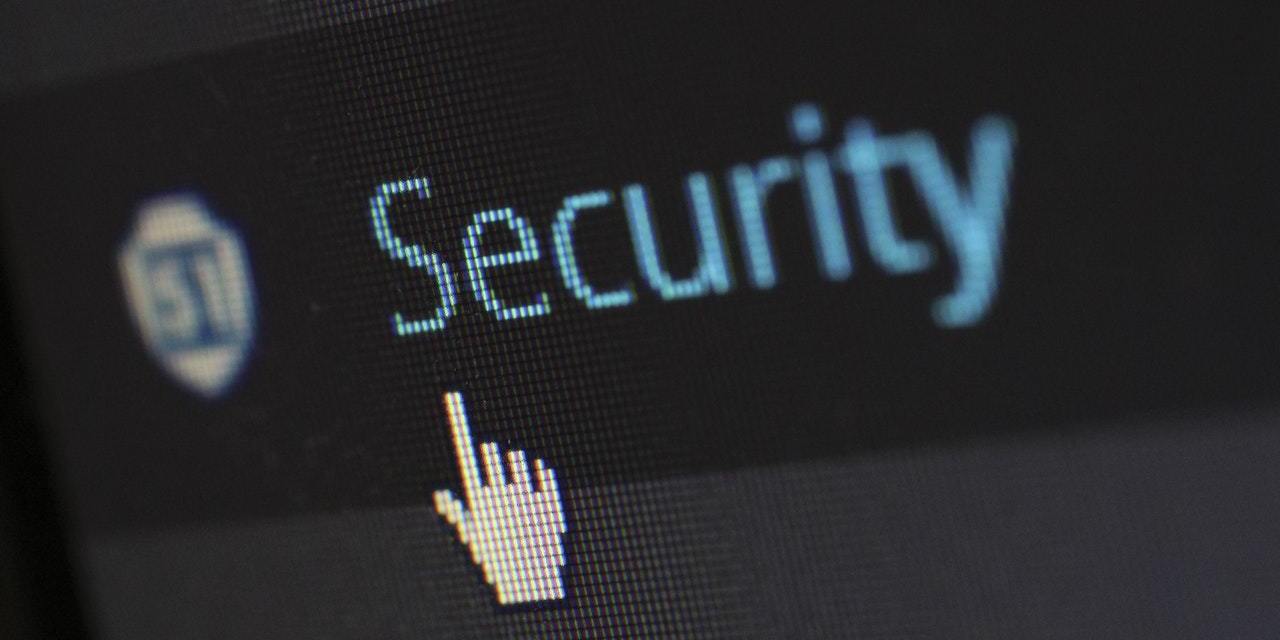What Is Website Security?
Posted on 13th October 2020
Website security is essentially any action or application that helps to protect online information and ensure website data is not exposed to cyber criminals. In an age when more and more of our social, professional, and everyday lives take place online, website security is more important than ever.
Most trustworthy websites will have some element of website security. As well as being important for the protection of online data, website security also helps boost customer confidence. If you’re currently building a website, or if you’re giving your web presence an update, considering website security is essential.
Why is website security important?

Every day, tens of thousands of websites are attacked by cyber criminals. In 2018, experts estimate there were an incredible 80,000 attacks per day. That adds up to a staggering 30 million per year.
These attacks target a huge range of websites. From small businesses to international corporations and social media sites to charities, cyber criminals can attack any site at any time.
Often, these attacks result in the theft of personal or sensitive data. Things like names, addresses, and credit card numbers can easily be sold on by the hackers. The victims of the cyberattack will then often see their identities stolen or their private email and banking hacked. Website security is the best way to prevent these attacks and keep online information safe. The more secure a site is the less likely it is to be targeted.
Why do websites get hacked?

There are a number of reasons why a website might be hacked but, more often than not, it comes down to outdated software. Outdated software often has vulnerabilities that can be exploited by hackers. This is especially true for open source platforms like WordPress, Drupal, Joomla and Magento. Whilst these platforms provide security updates, attacks often happen via out-of-date plugins or via plugins that clash with the latest security update.
Once a website has been hacked, cyber criminals can access sensitive data like payment information and customer data. Often, the website owners won’t know their site has been hacked until it’s too late.
Security of online forms and protecting your visitor data

A lot of websites collect customer data using online forms. These forms ask customers to provide a range of details, generally including their name, email address, and phone number. Hacking these online forms can give cyber criminals instant access to a wealth of data. As a result, online forms are often the target of attacks.
If you have an online form on your website, it’s essential you protect your visitor data at all times. Encrypting the data in your form helps to ensure it’s transferred and stored in a secure format.
Websites being redirected

One of the clearest signs your site has been hacked is when pages begin mysteriously redirecting to other URLs. These malicious redirects can send visitors to unsecured sites, sites with fake products or sites that have inappropriate content. This type of hacking is most common with open source platforms.
How to secure and protect websites

There are some basic steps all web designers and business owners should take in order to secure their site and keep sensitive information safe. Taking these measures will help to show your customers that you care about their privacy and demonstrate that your website is trustworthy and responsible.
Have back ups
Having backups of client data ensures you won’t lose all of your important information in the event of an attack. Ideally, these backups should be offline, or in a very secure place, to ensure they’re not vulnerable to cyber criminals. Back up your data as often as you can to minimise any potential losses.
Strong passwords
All too often, hackers gain access to sites and customer data by guessing passwords. Using a strong password is a simple and effective way securing your site. In order for a password to be strong, it needs to have a few different elements. Adding upper and lower case letters, numbers and special characters to your password makes it very difficult to guess and helps to keep your data safe.
Strong passwords are good practice across all of your online activities. So next time you sign up for a digital service, try to make your password as fiddly as possible.
Secure server hosting
Secure server hosting can help to keep your website and its visitors safe from cyberattacks. There are various ways servers are kept secure, some of which are more effective than others. Make sure you talk to your hosting service about the security they offer.
Install an SSL certificate
An SSL certificate is what changes the beginning of your URL from http to https. Having the ‘s’ at the end denotes that the site has an SSL certificate. An SSL certificate makes SSL/TLS encryption possible. They also contain a website’s public key and the website’s identity, as well as other important information.
Having a secure https URL can help to boost customer confidence and make your site appear more trustworthy. Obtaining and installing an SSL certificate is relatively easy, so if your website isn’t yet protected, now’s the time to act.
it’seeze take website security seriously

Website security has always been something we've taken incredibly seriously. Your website will not only look great and work hard – it will also be safe and secure.
Physical access to our servers follows best practice, while remote access to the servers is controlled by public-key cryptography. Our website editor does not allow arbitrary third-party code to be added, and this helps to ensure there are no vulnerabilities in the code that could compromise the site.
We carry out daily and weekly backups of our websites, which are stored on separate servers. SSL security is included for all websites that have a domain registered with us. This provides an extra layer of security and helps to keep your visitors safe and their sensitive data protected.
Last but not least, all of our websites are GDPR-compliant by design. This includes a privacy policy, cookie notice – both of which are kept updated for all our clients - and contact forms set up to protect sensitive data.
If you’d like to find out more about the importance of website security, or if you’d like to learn about the services we offer, explore our site or get in touch with a member of our team here at it’seeze Web Design Windsor.
We look forward to hearing from you.
Download our FREE guide to website security
Tagged as: web design, website security
Share this post:



